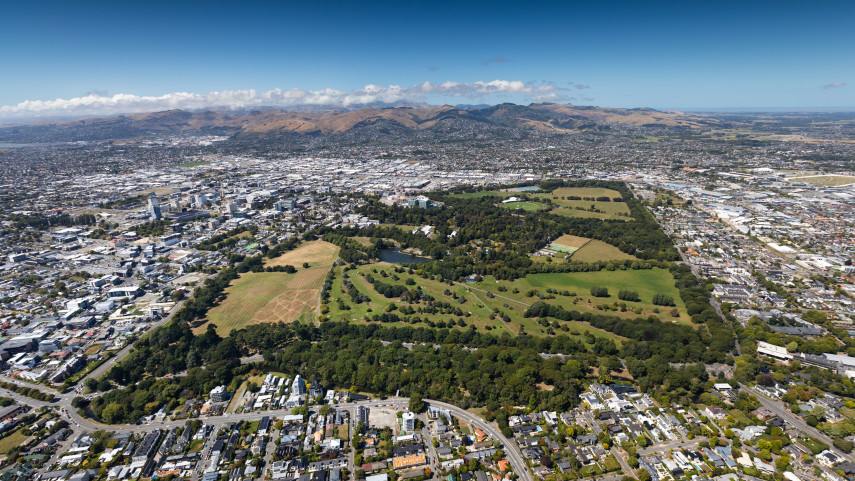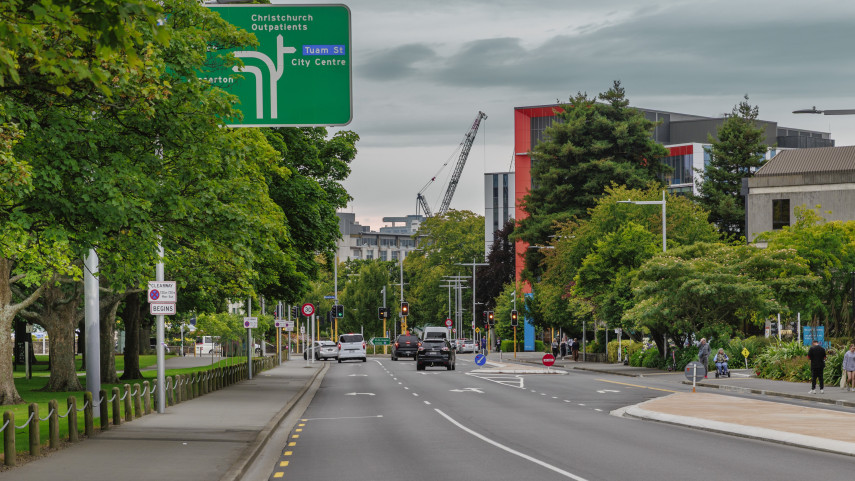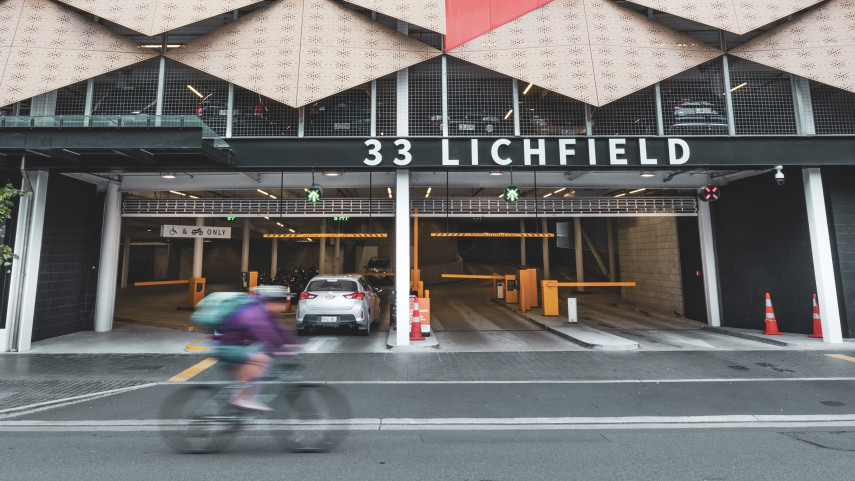1. Getting started
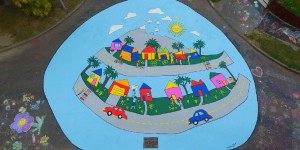 Determine what you want to do, why, who is available to help, how long it will take, what size budget you’ll need and if an ongoing commitment is required. This could include preparing a feasibility study and/or business plan.
Determine what you want to do, why, who is available to help, how long it will take, what size budget you’ll need and if an ongoing commitment is required. This could include preparing a feasibility study and/or business plan.
In addition to advice from the Council, there are a number of helpful tools, resources and organisations including:
- Establishing a project group(external link), if one doesn't already exist.
- Neighbourhood skills audit(external link).
- Check relevance of existing strategic plans and statutory documents(external link).
- Other helpful organisations, especially local community groups who may already be established in your area and can link you up to other people and resources.
2. Identify issues
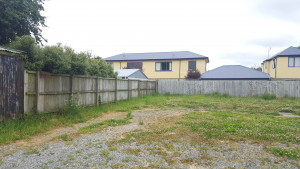 Think about the issues and evaluate the proposed space for your project. This could include a SWOT analysis of its strengths, weaknesses, opportunities and threats.
Think about the issues and evaluate the proposed space for your project. This could include a SWOT analysis of its strengths, weaknesses, opportunities and threats.
3. Identify your vision
 Create a clear vision of what you want to achieve.
Create a clear vision of what you want to achieve.
4. Identify constraints
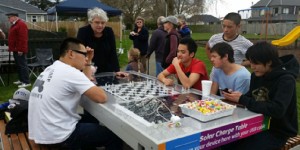 Determine what potential issues or problems may occur as the project unfolds. These may include seeking landowner permissions and/or regulatory consents.
Determine what potential issues or problems may occur as the project unfolds. These may include seeking landowner permissions and/or regulatory consents.
In addition to advice from the Council, helpful tools, resources and organisations include:
5. Obtain funding
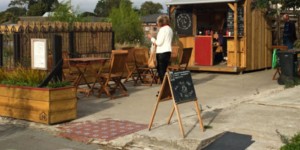 Think about creative solutions or potential partners that can contribute to your project and help keep costs down.
Think about creative solutions or potential partners that can contribute to your project and help keep costs down.
(external link)Sources of funding your project could include:
- Council funding sources.
- Non-Council funding sources.
6. Delivery
 What are the things that need to happen to ensure your project is delivered successfully? In addition to advice from the Council, see helpful tools, resources and organisations.
What are the things that need to happen to ensure your project is delivered successfully? In addition to advice from the Council, see helpful tools, resources and organisations.
7. Implement
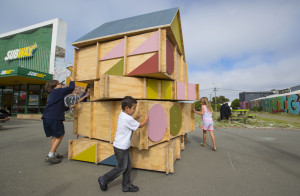 The delivery of a community plan, for example, may anticipate the implementation of capital works by the Council (physical works, such as new buildings, street upgrades etc.)
The delivery of a community plan, for example, may anticipate the implementation of capital works by the Council (physical works, such as new buildings, street upgrades etc.)
Contact your local CDA/CRA(external link) about how to try to get the community’s objectives onto the Council’s radar for funding and implementation. There may also be some other capital works planned that your project could fit in with.
1. Getting started
 Determine what you want to do, why, who is available to help, how long it will take, what size budget you’ll need and if an ongoing commitment is required. This could include preparing a feasibility study and/or business plan.
Determine what you want to do, why, who is available to help, how long it will take, what size budget you’ll need and if an ongoing commitment is required. This could include preparing a feasibility study and/or business plan.
In addition to advice from the Council, there are a number of helpful tools, resources and organisations including:
- Establishing a project group(external link), if one doesn't already exist.
- Neighbourhood skills audit(external link).
- Check relevance of existing strategic plans and statutory documents(external link).
- Other helpful organisations, especially local community groups who may already be established in your area and can link you up to other people and resources.
2. Identify issues
 Think about the issues and evaluate the proposed space for your project. This could include a SWOT analysis of its strengths, weaknesses, opportunities and threats.
Think about the issues and evaluate the proposed space for your project. This could include a SWOT analysis of its strengths, weaknesses, opportunities and threats.
3. Identify your vision
 Create a clear vision of what you want to achieve.
Create a clear vision of what you want to achieve.
4. Identify constraints
 Determine what potential issues or problems may occur as the project unfolds. These may include seeking landowner permissions and/or regulatory consents.
Determine what potential issues or problems may occur as the project unfolds. These may include seeking landowner permissions and/or regulatory consents.
In addition to advice from the Council, helpful tools, resources and organisations include:
5. Obtain funding
 Think about creative solutions or potential partners that can contribute to your project and help keep costs down.
Think about creative solutions or potential partners that can contribute to your project and help keep costs down.
(external link)Sources of funding your project could include:
- Council funding sources.
- Non-Council funding sources.
6. Delivery
 What are the things that need to happen to ensure your project is delivered successfully? In addition to advice from the Council, see helpful tools, resources and organisations.
What are the things that need to happen to ensure your project is delivered successfully? In addition to advice from the Council, see helpful tools, resources and organisations.
7. Implement
 The delivery of a community plan, for example, may anticipate the implementation of capital works by the Council (physical works, such as new buildings, street upgrades etc.)
The delivery of a community plan, for example, may anticipate the implementation of capital works by the Council (physical works, such as new buildings, street upgrades etc.)
Contact your local CDA/CRA(external link) about how to try to get the community’s objectives onto the Council’s radar for funding and implementation. There may also be some other capital works planned that your project could fit in with.

